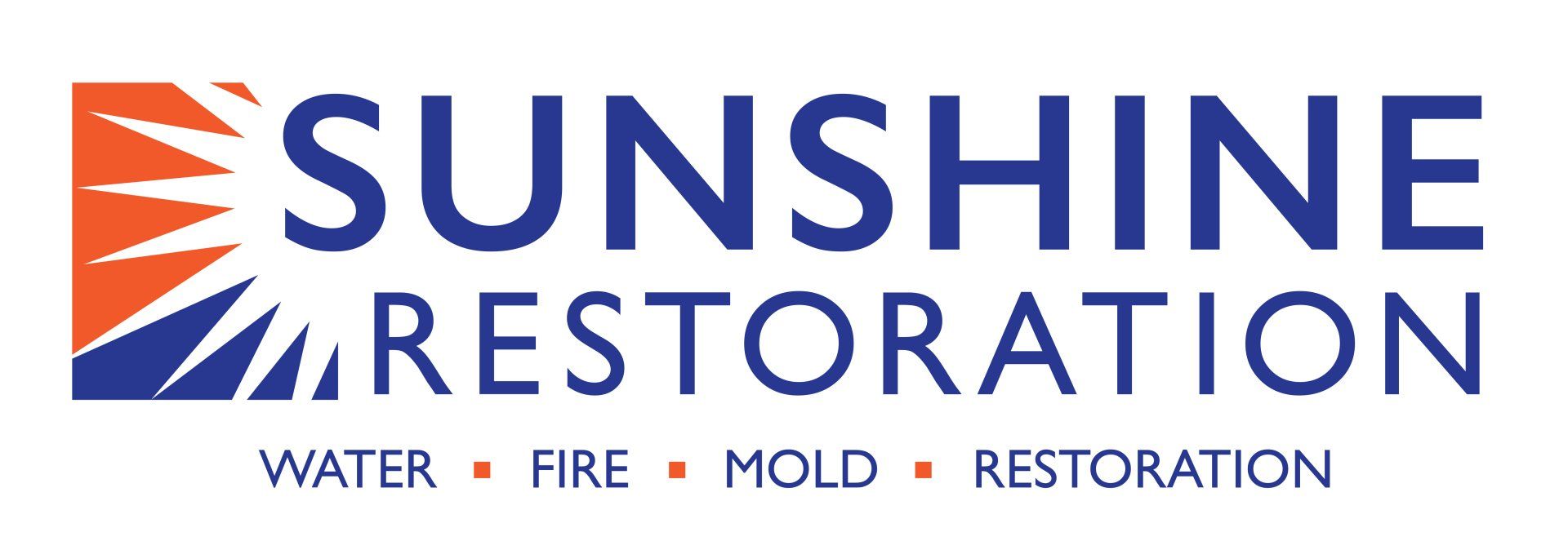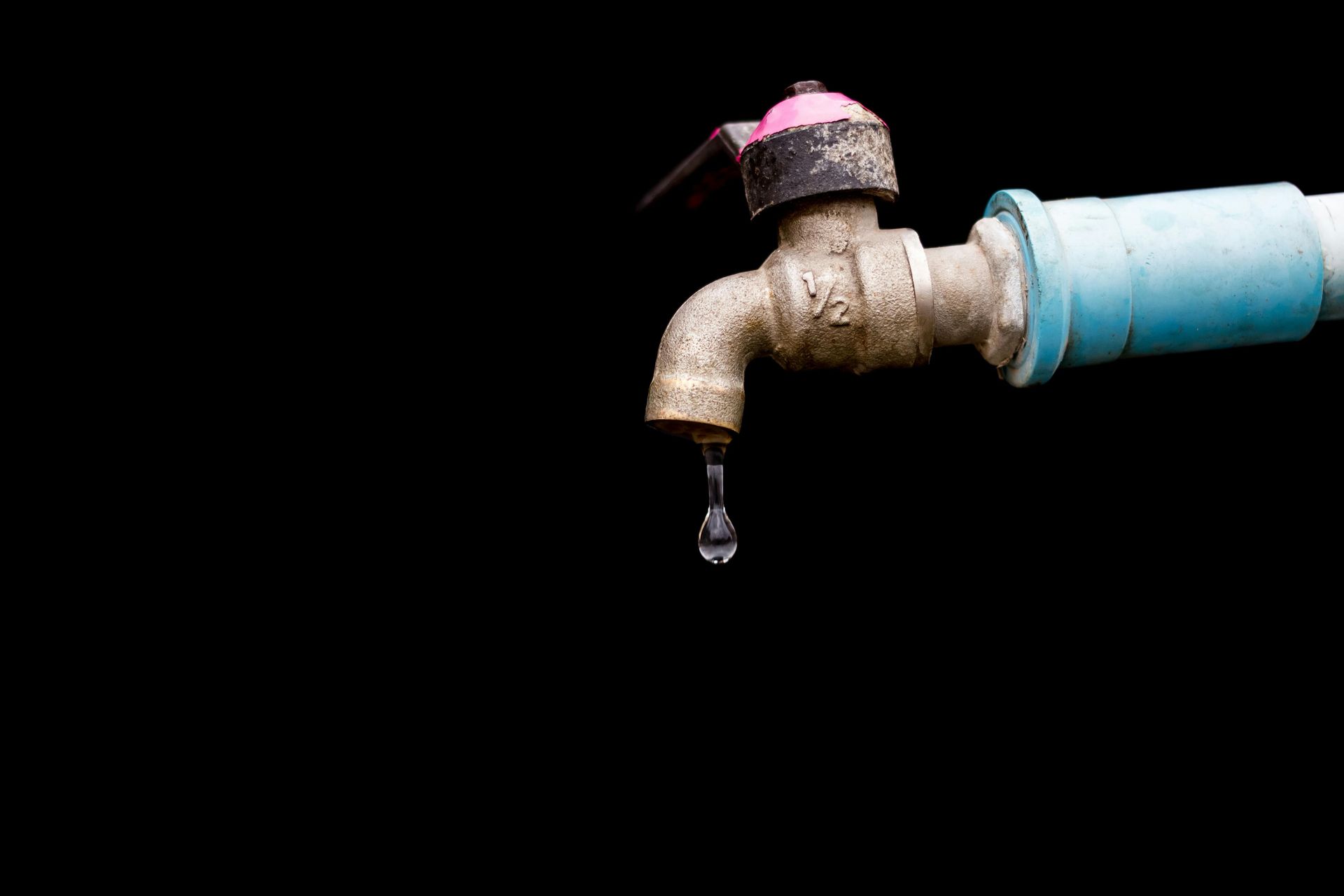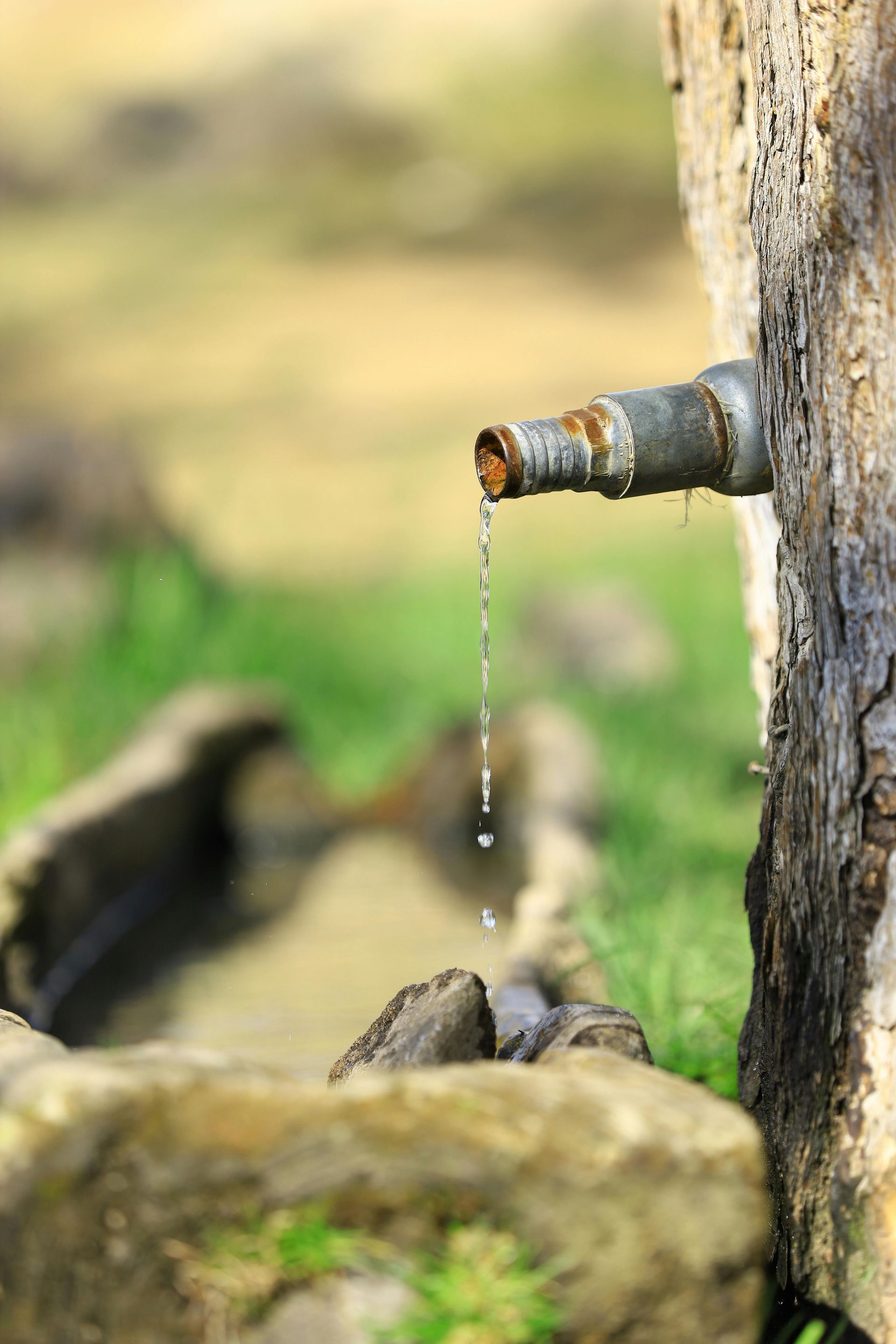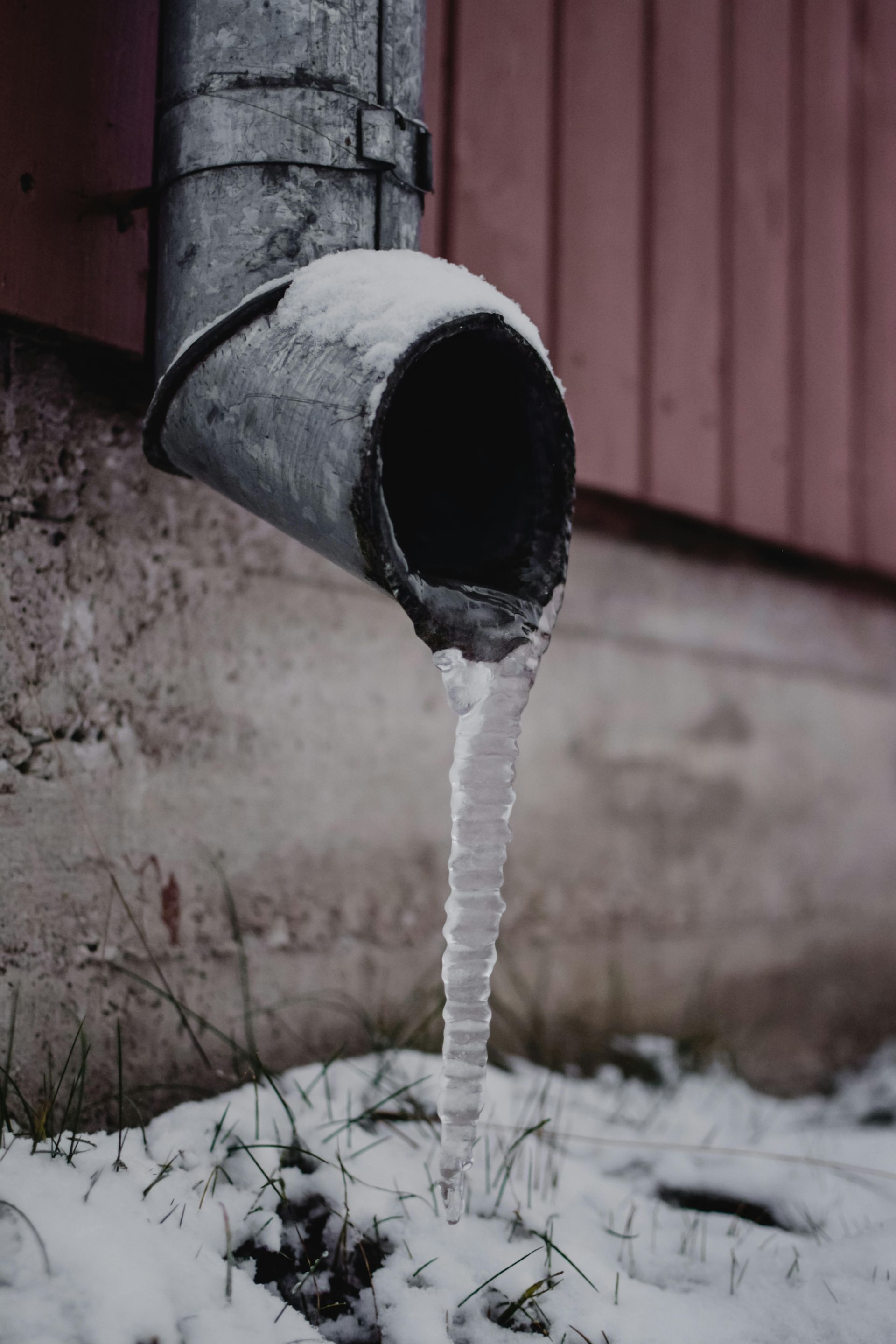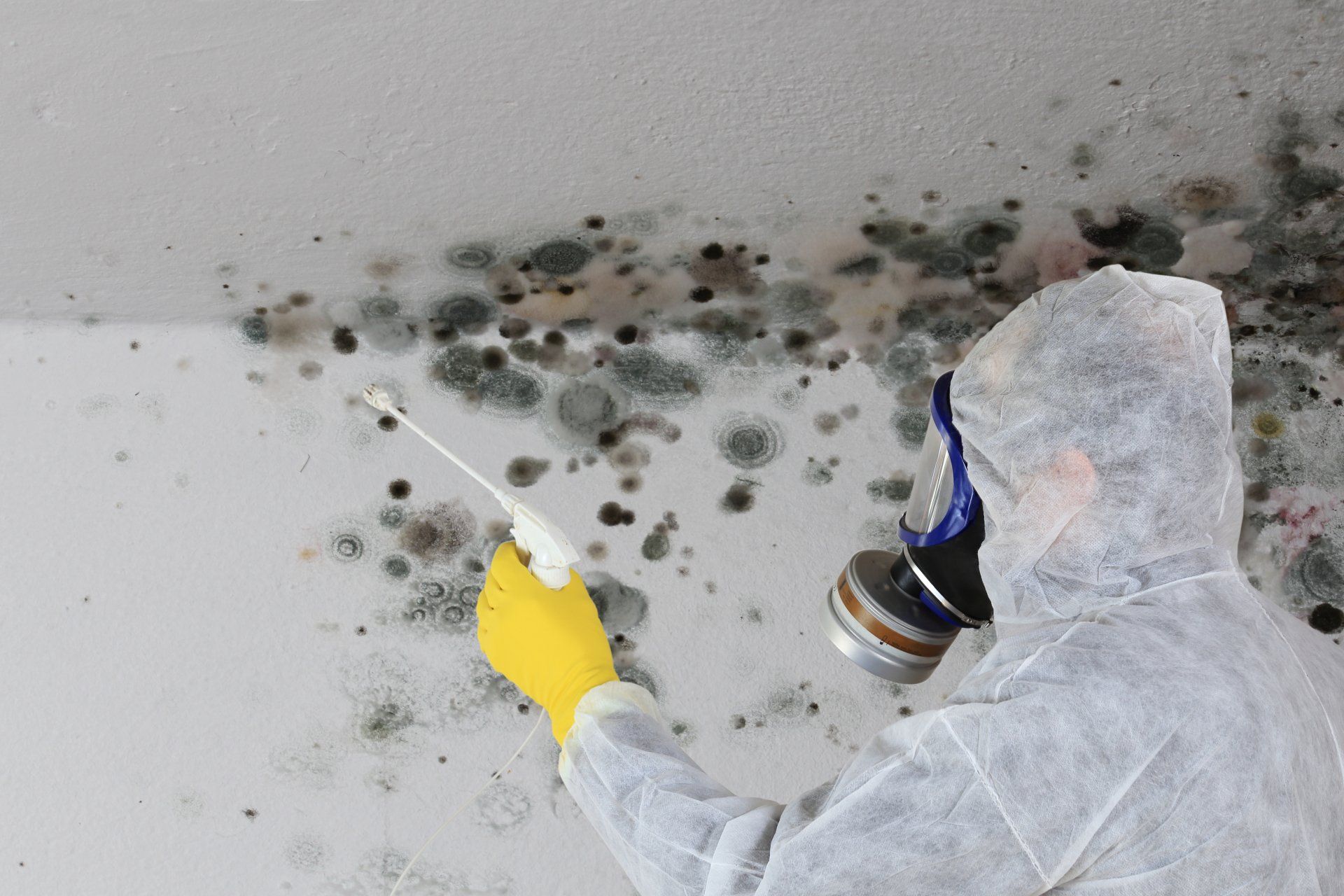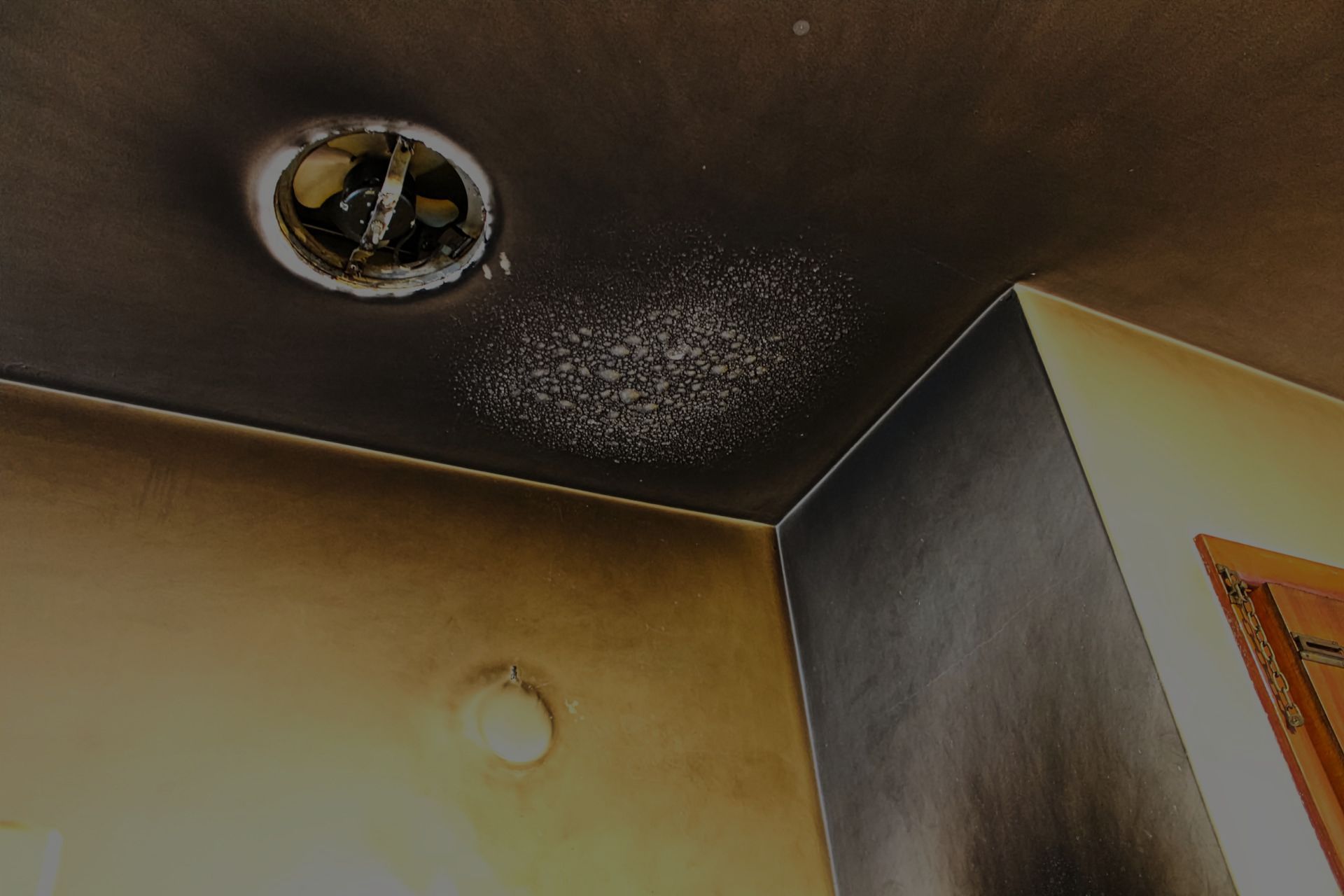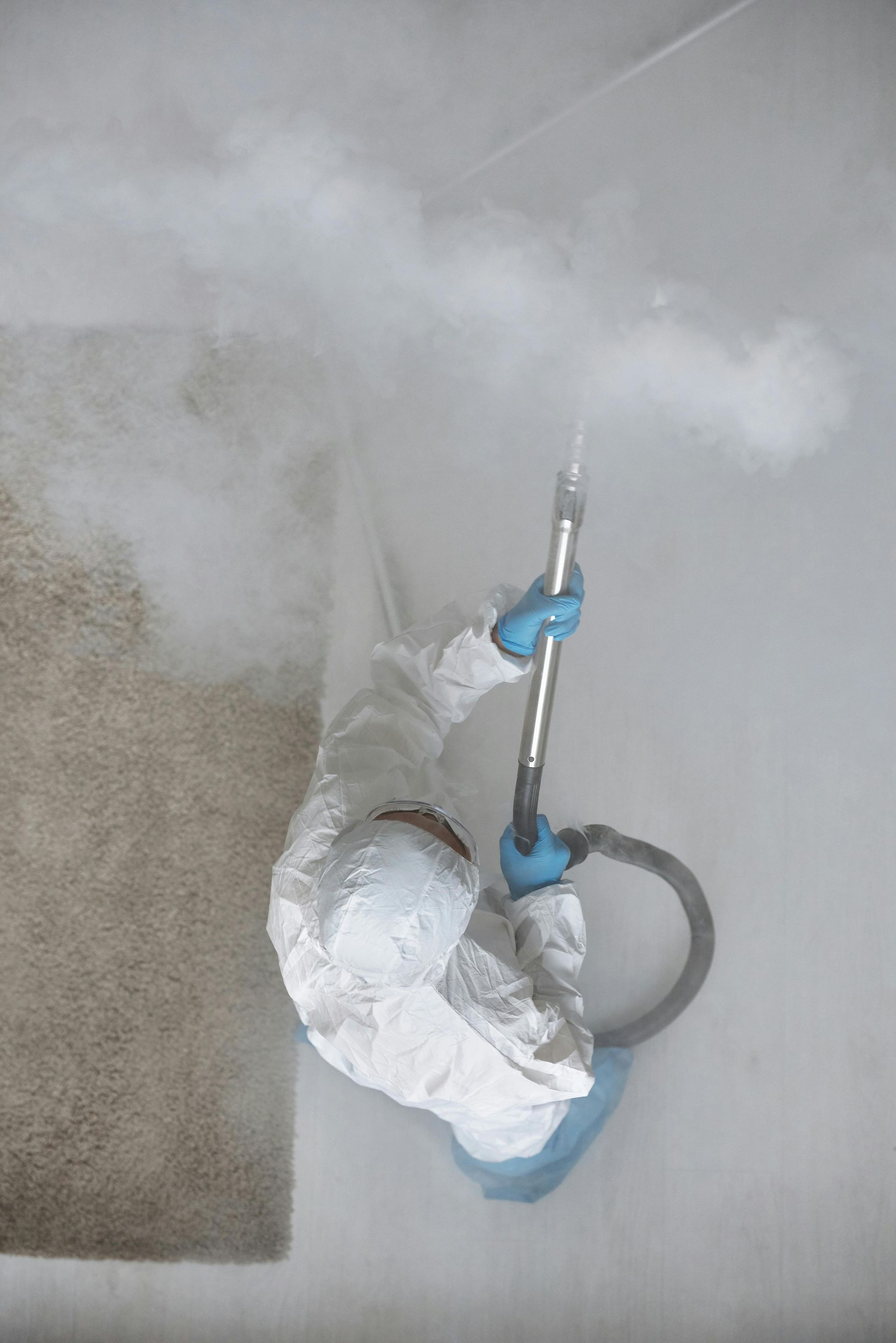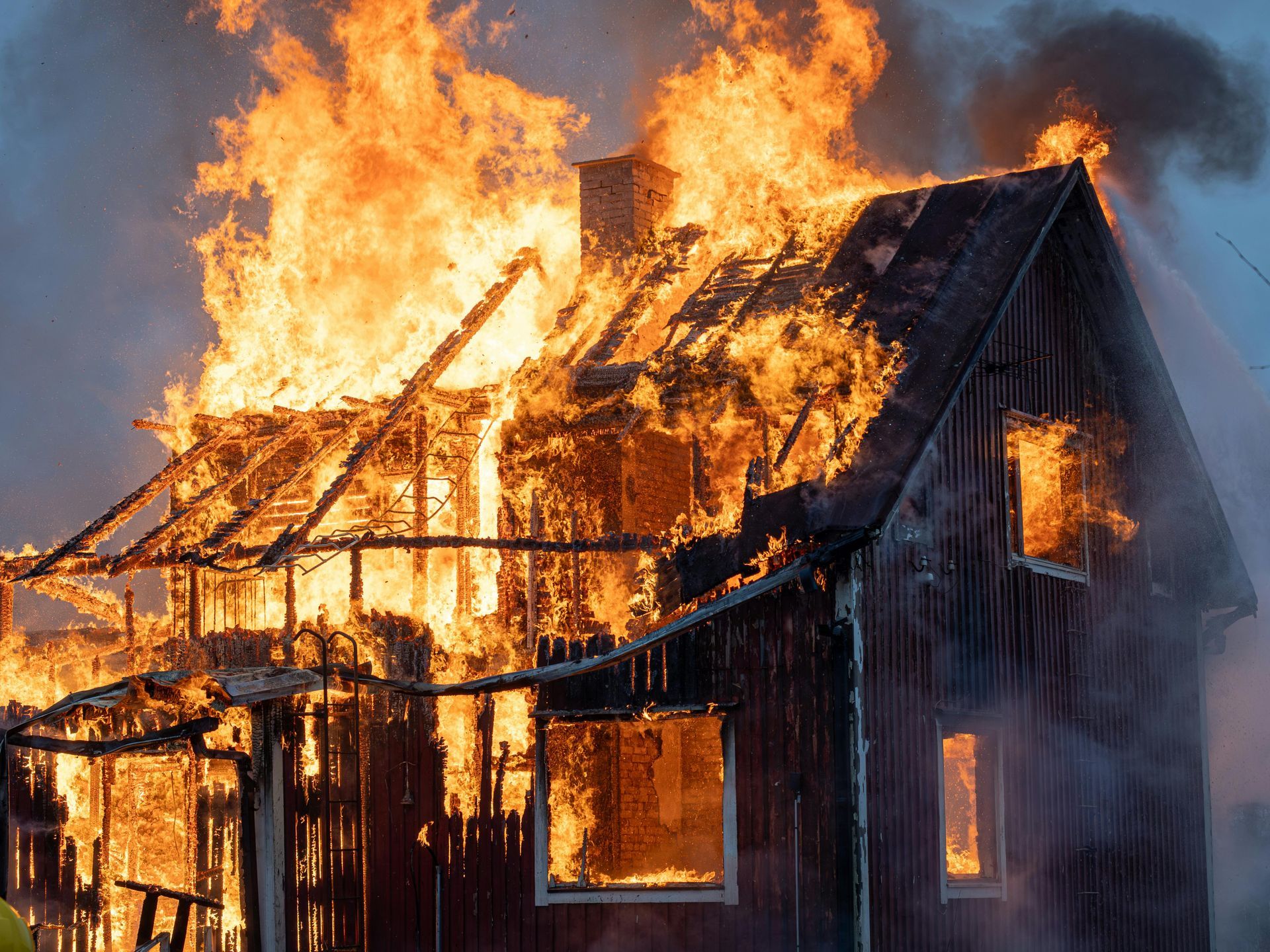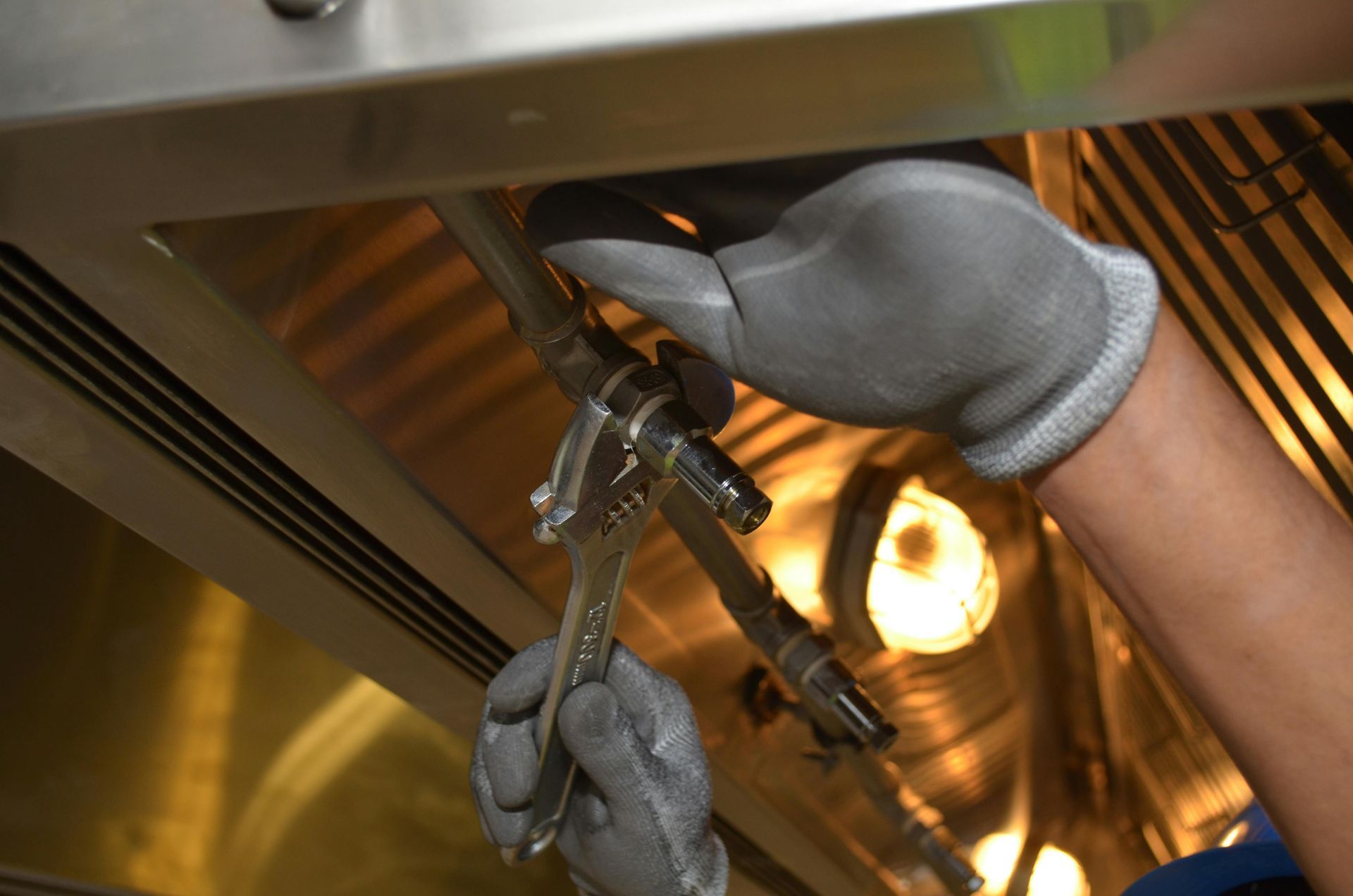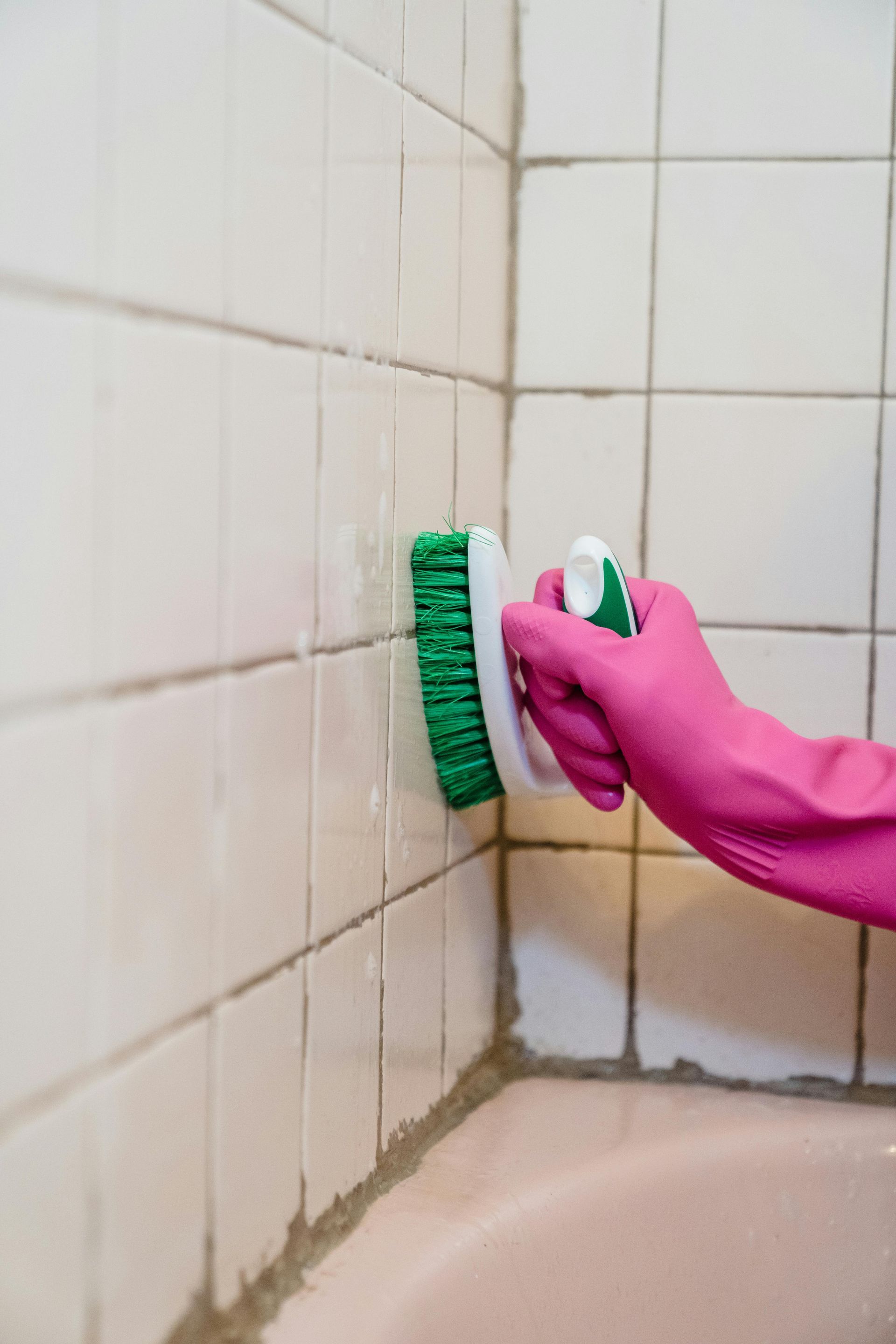How to Prevent Fire Damage in Your Commercial Building
How to Prevent Fire Damage in Your Commercial Building
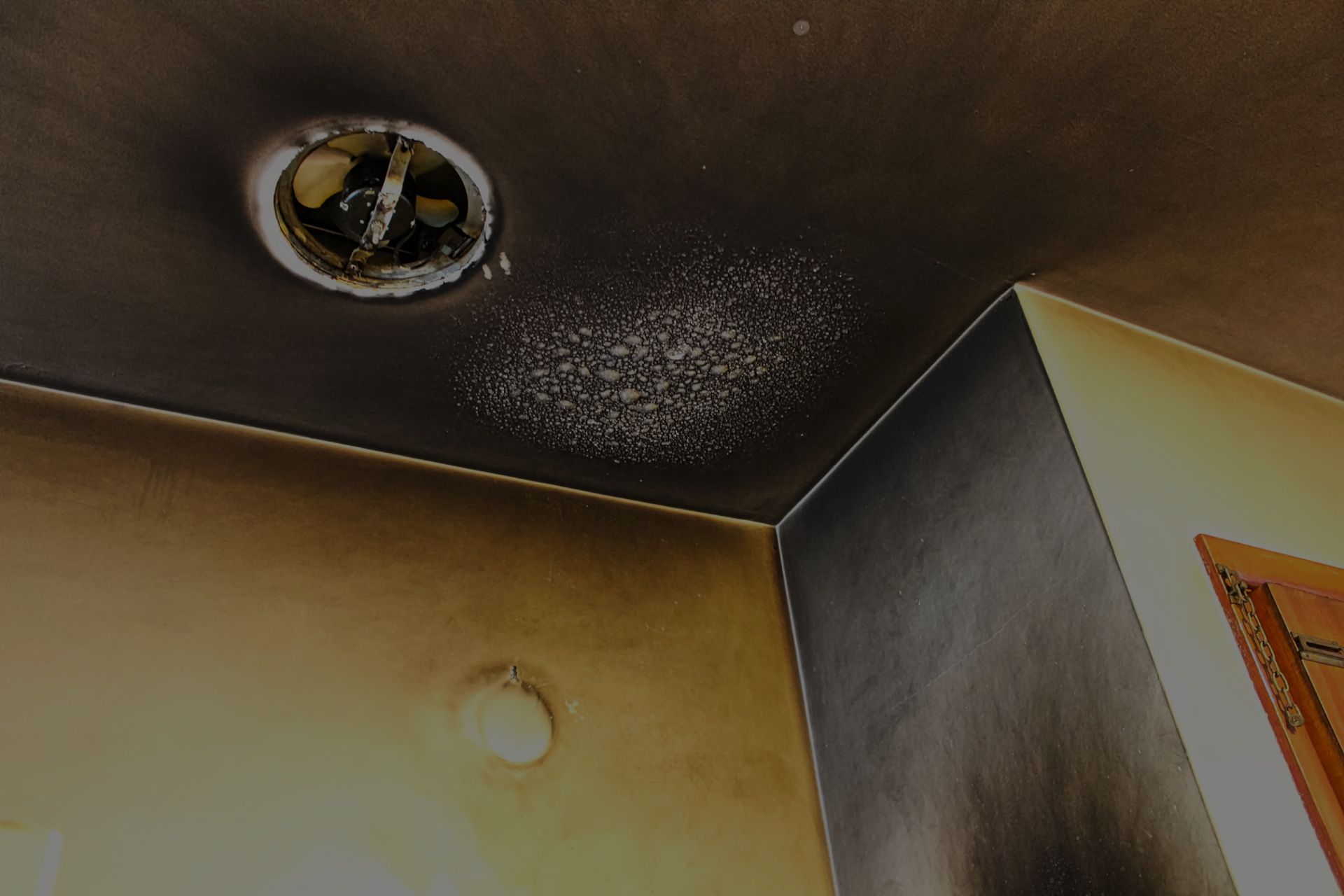
Commercial fire damage can lead to significant loss and downtime for any business. According to the
National Fire Protection Association, more than $2 billion in property loss was reported from commercial fires in the U.S. in 2019 alone. This underscores the critical importance of commercial fire damage prevention for businesses. In this article, we will delve into the risks of commercial fire and smoke damage, discuss the devastating impacts of a fire on a commercial property, and provide practical advice on how to prevent fire damage and protect your business from this potential catastrophe.
Understanding the Risks: Why Commercial Fires Happen
Commercial fires can arise from a myriad of causes, posing significant risks for commercial property fire damage. Electrical issues are a prominent cause resulting from faulty wiring, overloaded circuits, or malfunctioning equipment. Heating equipment, particularly in colder climates, can also lead to commercial fire damage if not properly maintained or used. Even seemingly innocuous activities, such as smoking, can trigger a disastrous fire if a lit cigarette comes into contact with flammable materials.
The nature of your business can greatly influence the risks of commercial fire and commercial smoke damage. For instance, restaurants with commercial kitchens are particularly susceptible due to the constant presence of open flames and hot surfaces. Conversely, an office environment may be more prone to electrical fires due to heavy reliance on electronic devices.
Risk assessment is crucial in identifying and mitigating these fire hazards specific to your business. Potential fire risks can be spotted and addressed in a timely manner through a thorough inspection of infrastructure and business operations. This proactive approach is vital in preventing commercial fire damage, saving businesses from the potentially devastating aftermath of a damaged business due to fire and smoke damage. Understanding and addressing these risks is a fundamental step in safeguarding your business and promoting a safe working environment.
Essential Strategies for Preventing Fire Damage in Commercial Properties
Every business owner must recognize the significant threat posed by commercial fires, which can lead to extensive commercial fire and smoke damage, resulting in the disruption of regular operations, financial losses, and possible closure of a damaged business. As such, the importance of preventing fire damage cannot be overstressed.
Proactive prevention of commercial fire damage goes beyond just compliance with fire safety regulations. It involves a commitment to creating a culture of safety within the organization, with every employee taking responsibility for preventing commercial fires. This can be achieved by implementing these essential strategies:
1. Conduct Regular Fire Risk Assessments
Conducting regular fire risk assessments is a pivotal strategy in preventing fire damage in commercial properties. These assessments involve a systematic evaluation of your premises and business operations to identify potential fire hazards. Professional fire safety consultants or trained in-house personnel should perform these evaluations ideally every 12 months or whenever significant changes occur in your business environment. By identifying and mitigating threats early, you can significantly reduce the risk of commercial fire damage, ensuring the safety and continuity of your business operations.
2. Install and Maintain Fire Detection Systems
Fire detection systems are an indispensable tool in preventing commercial fire damage. Systems such as smoke detectors and fire alarms serve as your first line of defense, providing early warnings that can help avert business fires. It's essential that these devices are installed in strategic locations, such as near kitchens or areas with high electrical usage, to maximize their efficacy. Regular testing and maintenance of these systems are equally important. Batteries should be replaced at least once a year, and the system itself should undergo a professional inspection every 3-5 years. By taking these precautions, you can drastically reduce commercial property fire damage and smoke damage.
3. Ensure Electrical Safety
Maintaining electrical safety is key in preventing commercial fires. Commercial properties often house numerous electrical devices, which, if improperly used or maintained, can pose significant fire risks. Regular inspection of electrical systems, including wiring, plugs, and connections, can help identify potential hazards before they escalate into business fires. Equipment should be used as per the manufacturer's instructions and not overloaded. Ensure devices are switched off and unplugged when not in use to prevent overheating. Following these practices can greatly minimize the risk of electrical fires, thereby reducing commercial fire damage and smoke damage and ensuring your business remains safe and operational.
4. Implement Fire Suppression Solutions
Implementing fire suppression solutions like sprinklers and extinguishers forms the next crucial defensive line against commercial fires. Sprinklers deliver a rapid, localized water spray to suppress fires, while extinguishers provide a convenient, manual option for dousing small fires quickly. Ensure these systems are easily accessible and everyone is trained on their proper usage. Regular maintenance checks are necessary to ensure they are in optimal working condition. It's recommended to have these systems inspected by professionals annually. Adopting such measures significantly reduces commercial fire damage and smoke damage, safeguarding your business from potentially devastating losses.
5. Safe Storage of Flammable Materials
Flammable materials in commercial settings often include cleaning products, disinfectants, aerosols, solvents, and, in certain environments, fuels and chemicals. Proper storage of these materials in designated, well-ventilated areas away from heat sources is paramount. Containers should be sealed tightly when not in use to prevent vapors from igniting. Appropriate labeling of these substances is also crucial for easy identification and safe handling. Fire-resistant storage cabinets are recommended for added safety. Regular checks should be conducted to ensure these protocols are consistently followed. By taking such precautionary measures, you can significantly reduce the risk of commercial fire, protecting your business from potential fire and smoke damage.
6. Conduct Regular Fire Safety Training
Regular fire safety training for employees is integral to preventing commercial fire damage. These sessions equip your team with vital knowledge of fire hazards, proper use of fire safety equipment, and effective response strategies in the event of a fire. Training programs should include practical drills, use of extinguishers, evacuation procedures, and understanding of fire safety signage. Updates in fire safety regulations should also be incorporated. Conduct these training sessions semi-annually, or whenever new employees join, to ensure all staff are up-to-date. An informed and prepared team significantly reduces the risk of commercial fires, safeguarding your business from potential fire and smoke damage.
7. Maintain Clear Escape Routes and Evacuation Plans
Maintaining clear escape routes and well-communicated evacuation plans is essential in minimizing commercial fire damage. These routes should be free from obstructions, clearly marked, and easily accessible. Developing comprehensive evacuation plans involves outlining the safest, quickest paths to exits, specifying rally points, and assigning roles for guiding evacuations. These plans should be prominently displayed and communicated to all employees. Conduct fire drills regularly to reinforce these procedures and ensure readiness in the event of a fire. By preparing and practicing these crucial steps, you can significantly enhance the safety of your workplace against commercial property fire damage.
8. Utilize Fire-Resistant Materials and Fire Doors
Fire-resistant materials in construction, such as fire-retardant paints and specially treated wood, can significantly slow the spread of flames, reducing commercial fire damage. Fire doors play a vital role in this process, serving as barriers that contain fire and smoke to their point of origin. Regular inspections should be conducted to ensure they meet fire safety regulations, checking for correct installation, adequate seals, and proper functioning of self-closing mechanisms. By incorporating these elements in your commercial property and maintaining them effectively, you enhance its resilience against fire, protecting your business from potential damage.
9. Enforce Strict Smoking Policies
Enforcing strict smoking policies is crucial in preventing commercial fire damage. Smoking in commercial areas presents a considerable fire risk if not properly managed. Establish designated smoking areas away from flammable materials and ensure they are equipped with fire-resistant containers for the disposal of smoking materials. Stress the importance of completely extinguishing cigarettes before disposal. Regularly clean these areas to prevent the accumulation of potentially dangerous materials. A stringent smoking policy not only safeguards your commercial property from fire and smoke damage but also promotes a healthy and safe working environment.
10. Stay Compliant with Fire Safety Regulations
Staying compliant with local fire safety regulations is crucial in preventing commercial fire damage. Regular inspections by professionals can uncover potential hazards you might overlook, enabling prompt rectification and thereby minimizing risk. Compliance ensures your business meets all safety standards, greatly reducing the risk of fire and smoke damage to your commercial property. Resources such as local authority websites, fire department briefings, and industry-specific safety guidelines can keep you updated on fire safety compliance. Adherence to these rules not only safeguards your business from potential fires but also bolsters its reputation as a responsible, safety-conscious entity.
How to Respond to a Fire Emergency
In the unfortunate event of a fire, it is paramount to act promptly and effectively. Maintaining a calm demeanor, initiating the fire alarm system immediately, and ensuring everyone within the premises is alerted. Follow your established evacuation plan, guiding all personnel to the nearest and safest exits and avoiding areas with visible smoke or flames. Once outside, account for all employees at the designated assembly point and ensure nobody re-enters the building. Immediately contact your local fire department and emergency services, providing them with the necessary details about the fire. While waiting for their arrival, keep a safe distance from the fire scene. After the fire has been extinguished, consult with professionals for commercial
fire damage restoration to facilitate a swift return to normalcy. Remember, property can be restored, but lives cannot; prioritizing personal safety above all is critical during a fire outbreak.
Post-Fire Recovery Strategies
Navigating the aftermath of a fire can be overwhelming. A key element in promoting swift recovery is a comprehensive insurance policy. Ensure your commercial property insurance covers not only structural fire damage but also smoke damage and loss of earnings during the restoration period. Thorough documentation of your property and assets may expedite insurance claims. When choosing a commercial fire damage restoration company, look for businesses with a strong reputation, proven expertise, and prompt response times. Sunshine Restoration, for instance, provides professional, efficient services to restore your damaged business to its pre-fire condition. Remember, dealing with commercial fire damage is an intricate process that merits professional attention. Having a reliable partner can make the journey towards recovery significantly easier.
Safeguard and Restore: A Comprehensive Approach to Fire Safety
Proactive measures in fire safety, such as regular risk assessments, fire detection and suppression systems, and employee training, play an invaluable role in preventing commercial fire damage. However, in the event of a fire, swift and effective response is paramount, prioritizing personal safety above all. Post-fire recovery, involving comprehensive insurance policies and professional restoration services, can help restore your damaged business to its pre-fire condition. As experts in commercial fire and
smoke damage restoration, Sunshine Restoration stands ready to assist in both safeguarding your business from potential fires and restoring your commercial property following fire damage. Don't let a fire disrupt your business operations. Contact
Sunshine Restoration today for a comprehensive fire safety consultation and restoration services. Remember, prevention is always better than cure, but should a fire occur, we're here to help you bounce back.
OUR BENEFITS
The Sunshine Restoration Experience
CUSTOMER SERVICE
If you have a restoration disaster, our team is available 24/7/365 to help you.
45 Minute On-Site
Our restoration crews will make it out to your property on average within 45 minutes.
LOCALLY OWNED
Sunshine Restoration is a locally owned and operated business in the heart of Charlotte, NC.
RESIDENTIAL & COMMERCIAL
We can tackle any restoration job, no matter how large or how big.
BROWSE
CONTACT
1101 - A Technology Drive, Indian Trail, NC 28079
BUSINESS HOURS
- Mon - Sun
- Open 24 Hours
